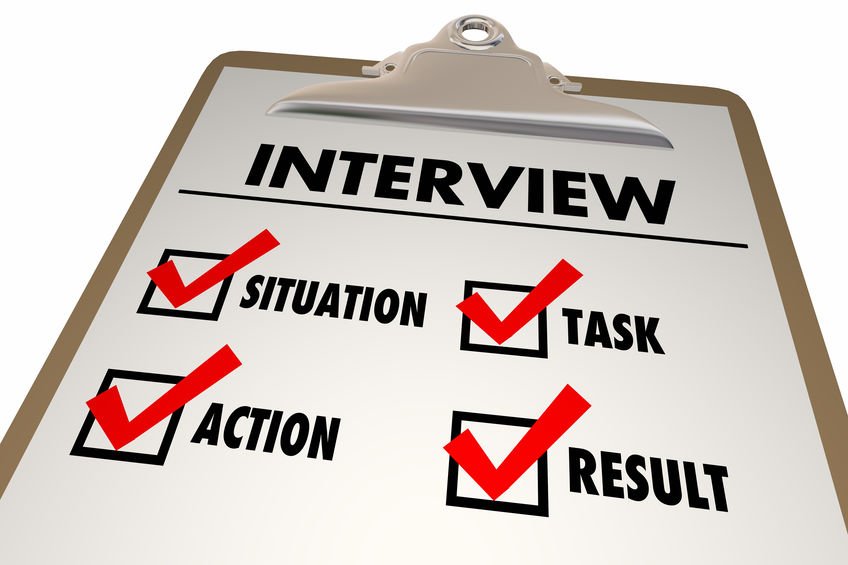 One of the most crucial job search skills is knowing how to tell stories in your job interviews–whether you call them STAR stories, SOAR stories or whatever. As an interview coach, I’m constantly hearing job seekers make the same big mistake.
One of the most crucial job search skills is knowing how to tell stories in your job interviews–whether you call them STAR stories, SOAR stories or whatever. As an interview coach, I’m constantly hearing job seekers make the same big mistake.
Most interviewees don’t say enough about the results of their efforts, the crucial “R” in STAR (Situation, Task, Action, Results) or SOAR (Situation, Obstacle, Action, Results). And yet the results are the most important part! Employers hire for results, so don’t shortchange this part of your stories.
Maybe this habit comes from our everyday lives, where we often tell stories without mentioning the results. For example:
“I got a flat tire on the way to the dinner party (Situation), and unfortunately I had let my AAA road service coverage lapse (Obstacle), so I had to handle it myself (Action).” When you’re just telling a friend about your day there’s no need to show off your skills. But there’s usually more to say. Maybe you fixed it quickly enough to get to the party, bringing the ice cream, which wasn’t even melted! You might not want to boast about your accomplishments at a party, but in a job interview you need to include those “bragging points.”
Here’s a job interview example. Let’s say the question is “Will you please tell me about a time when you handled a difficult situation?”
Answer:
- “I accepted a three-month contract as an office manager in a small web services company, but there was virtually no documentation to help me do the job.” (Situation and Obstacle)
- “I took it upon myself to create a procedure manual. I interviewed managers and staff and organized the information in a user-friendly format. (Action)
- “Then I delivered the manual to the general manager.” (Result)
This story just barely includes a result. Yes, the manual was delivered, but how did it benefit the company? Did it reduce ramping-up time for new managers, prevent particular problems? Did you get any kudoes for it?
Whenever you reach the end of an interview story you’re working out, ask yourself questions about the following:
- Quality. How well did the result turn out? How do I know that?
- Impact. What difference did it make to the operation of the team, department and company?
- Quantities. Can I quantify that difference so it’s clear that it’s a big difference?
- External confirmation. Did I receive any recognition or reward for this result? (Sadly, too often the answer is “no,” but it’s worth asking the question anyway.) Did anybody say anything about this result that would make a memorable quote?
- Scope. Was the result adopted or replicated elsewhere? Is it still in use long afterwards?
In the example above, considering these questions could lead to a more compelling answer. The “Result” part of the answer might sound like this:
“When I gave the manual to the general manager, Emily Gold, she said ‘This is excellent. For this alone it was well worth bringing you in.’ Emily later told me that the manual enabled them to get new hires up to speed in a little over half the time they used to spend, and that the increased productivity was probably worth at least $10K a year. The manual was also shared with their Seattle office, which used it as a starting point for their own. Because of all this I was offered the job on a permanent basis.”
Now, don’t feel you need such dazzling results for every story, but you can probably make some significant improvements. Make it very clear how you made a difference.
Now that you know about the #1 mistake, you may also want to work on another big mistake in telling interview stories: rambling. For help with this, see my post How to Be Concise in Job Interviews.
“The #1 Mistake You’re Making in Your STAR Stories” has been updated in 2025.

